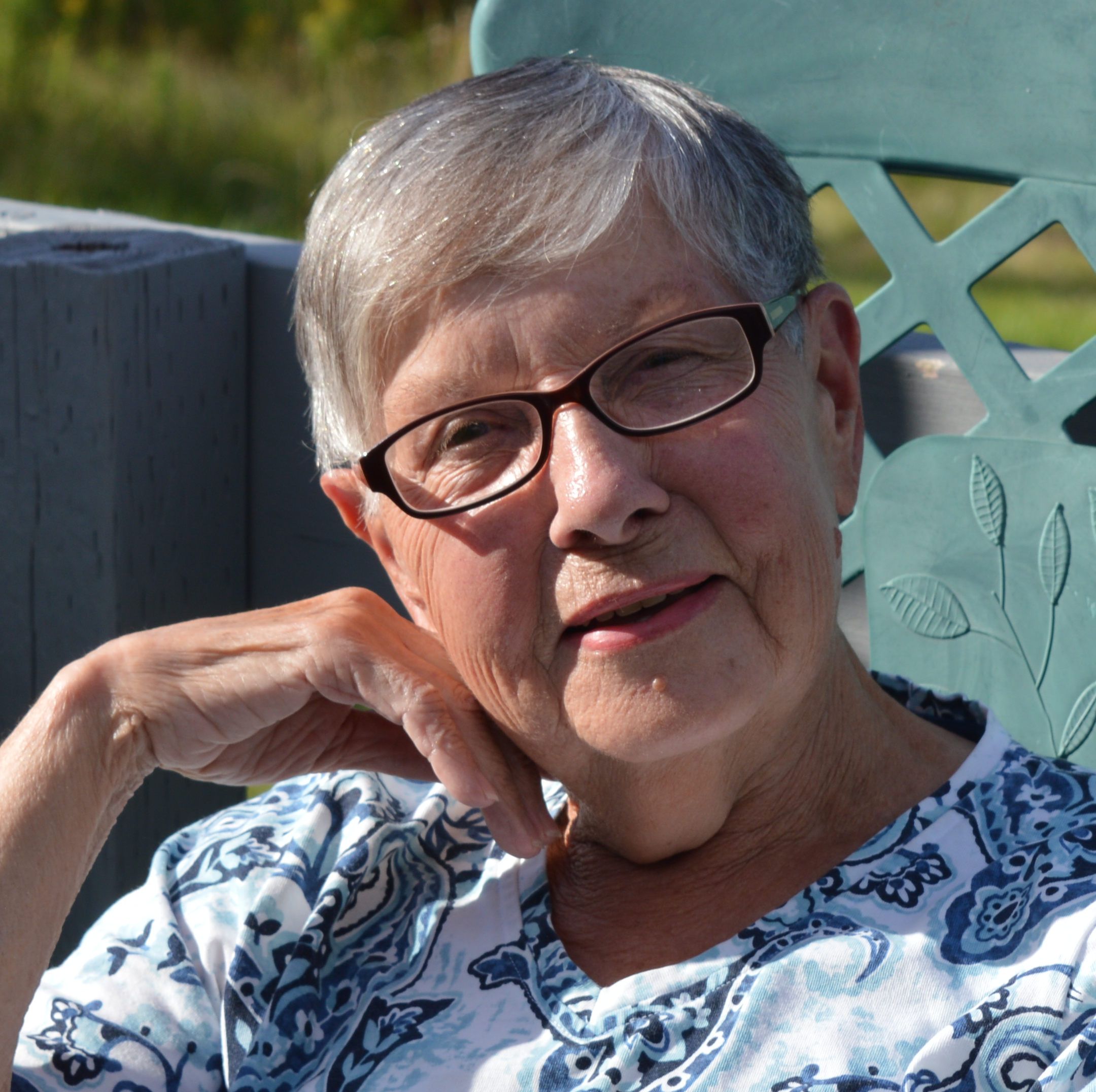‘Fools rush in where angels fear to tread,’ is a line from Alexander Pope’s 1711 poem, “An Essay on Criticism,” although I first heard it as a line in a Johnny Mercer song recorded by Frank Sinatra. Perhaps I risk identifying myself as a fool by discussing a topic like surrogacy, of which I know little, but since lack of knowledge is easily alleviated by the surplus of information available online, I shall continue.
What makes surrogacy a hot topic at the moment is the decision of Anthony Housefather, Liberal MP for Mount Royal, to table a bill in the House of Commons on May 29th that would “decriminalize payment for sperm or ovum donation and for surrogacy.”
In Canada, although the 2004 Assisted Human Reproduction Act permits sperm and eggs to be donated and allows surrogate mothers to “carry someone else’s baby,” no money must exchange hands other than the normal “out of pocket expenses” associated with any normal pregnancy, including travel to appointments, maternity clothing, medications, etc. Noncompliance with the law could result in up to 10 years in jail or a fine of $500,000.
Housefather’s Private Member’s Bill C-404 specifies that a sperm or ovum donor would have to be at least 18 years of age, must have “the capacity to consent to the donation” and “must not be coerced into donating.” A surrogate mother, if Bill C-404 is passed, would have to be “at least 21 years of age,” have “the capacity to consent to becoming a surrogate mother and must not be coerced into becoming a mother.” The bill would also allow for “the purchase of other human reproductive material.”
Housefather told me in an email that his own interest in surrogacy came about, even before he became an MP, after hearing from friends about problems they had encountered when investigating the surrogacy process as a way to start their families.
In announcing his bill, at a 27 March 2018 press conference, Housefather stood on Parliament Hill surrounded by “fertility lawyers, doctors and clinicians,” according to the CBC report.
Anita Vandenbeld, MP for Ottawa West-Nepean and chair of the Liberal women’s caucus said they “unanimously support” Housefather’s initiative. Vandenbeld deemed it “vital” to update the laws so that all Canadians “have the right to use modern reproductive technologies.” “Assisted human reproduction,” she said, “is the one area in law where we are still criminalizing women’s bodies.”
Surrogacy, the act of carrying a baby for another woman through nine months of pregnancy and then, of course, giving the baby over to the intended parent when the child is born, can be a truly altruistic act, a gift from one woman to another who is, because of certain medical conditions, unable to conceive herself. These days, with our changing society, the law, as it stands, also discriminates against gay couples and single and/or older women who wish to have children of their own, forcing many to seek surrogates outside Canada, mainly in the United States (where, by the way, the costs can run into tens of thousands of dollars).
Housefather’s law states that “gay and heterosexual couples shouldn’t live in fear of possible prison time to grow their families.” In 2017, the Canadian Fertility and Andrology Society stated that the “current law resulted in a very limited supply of donated eggs and sperm in Canada, again forcing couples to go to the United States.” One online commenter wondered if the reduction in sperm availability might result from a fear of the resulting child wanting, at some point, to know the name of the sperm donor? Would this be any different from telling an adopted child who his or her true parents were?
On 4 April 2018, Prime Minister Justin Trudeau was asked, during a press conference on another topic, what his thinking was re: Housefather’s bill. He said there was a “need for a discussion” on the topic and that he expected “strong opinions on both sides of any change” but that the issues addressed in bill C-404 were “important issues that need to be studied,” to “find the best solution for us as a society.”
He was certainly right about the “strong opinions.”
Politicians responding to Housefather’s proposal mostly took a “wait and see” stance. Conservative justice critic Rob Nicholson said his party would “review any proposals to make sure they are in the best interests of Canadians;” Conservative leader Andrew Scheer said he “looks forward to hearing all sides of the debate;” and NDP health critic Don Davies said his party “won’t take a position until it studies the issue,” but is aware “there are Canadians in need of reproductive health services.” Interestingly, in 2014, Conservative MP Dean Del Mastro, tabled his own (ultimately unsuccessful) private member’s bill to allow for payment for surrogacy, calling it a “pro-family” move.
Academics specializing in reproductive rights also weighed in.
Alana Cattapan, an assistant professor at the University of Saskatchewan specializing in reproductive ethics and biotechnology, told the CBC’s Kathleen Harris that what many surrogate mothers wanted was better patient care and clear-cut regulations on what is eligible for reimbursement:
“Receiving money on top of that is secondary. All of the other parts are more important,” she said. “So I’m not sure why there’s such a move to commercialize this practice when there are so many additional ways that surrogates want to be taken care of [that] might improve the number of people who would volunteer to be surrogates.”
Cattapan says the number of reported surrogates in Canada rose from 285 in 2010 to 700 in 2017, which, of course, is a significant indication of interest in the process.
Françoise Baylis, a professor at Dalhousie University and a Canada research Chair in Bioethics and Philosophy, disagrees with payment for surrogacy. “Canada ought not to allow the commercialization of the human body,” she told CBC’s Information Morning Nova Scotia. Baylis objects to the sale of sperm and eggs as a “commodification of the human body” that could lead to “the risk of exploitation:”
Canada is typically a country that has prided itself on not putting the human body in the market place. We don’t celebrate something like selling organs, selling bone marrow, selling skin, selling blood, selling plasma.
Rachel Haliburton, a bioethicist at Laurentian University of Sudbury (and a Spectator contributor) also has concerns about changes to Canada’s laws on surrogacy, fearing Canada might follow the path of the United States. Haliburton places a great deal of confidence in a fellow bioethicist, Thomas Murray, who points out that “people who think the market has an appropriate place in reproductive matters see sperm and eggs as consumer items which have a value based on how smart, how good-looking and athletic the sellers are.” Haliburton also believes that “the arguments against payment for surrogacy have not changed, but the culture has.”
Housefather, on the other hand, writing in the National Post, was quite adamant about establishing rules with regard to such sales and having provinces license and regulate agencies to record all such transactions. He is concerned that Canada’s laws have created an “underground surrogacy market in Canada,” including buying sperm and eggs from the United States, whereas a Canadian or provincial donor registry would “track the number of times sperm and eggs are used in our population and could also track any health issues.” He believes provinces could “create a framework for compensation, including limits, if appropriate.”
Among the dissenting voices in the broader community, it came as no surprise that the National Catholic Women’s League (CWL) would be one of the first groups to reach out to members asking them to express to their MPs their displeasure with Bill C-404 and “to urge them to vote against it.”
Their request that “immediate action be taken” by CWL members stated:
If this Bill is passed into law it would mean that sperm, ova and human genes as well as a woman’s womb will be able to be bought and sold with the purpose of creating designer babies. Everything involved with the creation of a new human life will be ‘on sale.’
This isn’t the first time the CWL has weighed in on reproductive matters. In 2011, the group passed a resolution on the “Prohibition of Practices re Human Reproductive Material,” out of concern for embryos created during In Vitro Fertilization, and presented it to the Harper government, urging it “to prohibit the practice of alteration, manipulation and treatment of human reproductive material that would result in the destruction of human embryos and or the combining of species.”
But Housefather told me in his email that his bill in no way makes any allowances for the creation of “designer babies” and insists that the current laws hurt those it was intended to protect — “the children conceived through surrogacy, the donors and the surrogates themselves.”
Piya Chattopadhyay of CBC’s The Current spoke recently to a number of women who had served as surrogates, including Heather Jopling, whose husband had been a sperm donor for a lesbian couple who were friends of theirs. Jopling herself had met up with an old college friend at a gathering and discovered he and his partner were anxious to increase their family of one and Joplin was pleased to be able to be a surrogate for them. She saw it as a completely altruistic decision and would be nervous about payment becoming part of the process. Her concern is that women of a different socio-economic group might be pressured into surrogacy if payment were offered.

Heather Jopling (Source: CBC The Current)
On the other hand, Stephanie Plante, who was a surrogate for a same-sex couple in Spain, told Chattopadhyay she had no issue with Housefather’s bill. Plante believes surrogacy is “work” and, as such, can be compensated financially. That said, becoming a surrogate was something she wanted to do, given the state of the world in 2016, including school shootings and Trump’s election. She “loved parenting her own son,” and saw surrogacy as a way of bringing happiness to the gay couple for whom she carried a child. Plante believes that women, no matter their socio-economic group, are “quite capable of making decisions about their own bodies.”
The final woman to address the issue of surrogacy with Chattopadhyay, Leia Swanberg, brought a unique perspective to the entire surrogacy process, given her position as the head of a surrogacy agency that includes fertility specialists, lawyers and psychologists who “are working to protect women who are going to be surrogates.” Herself a two-time surrogate mother, she was more than pleased that, for the first time, Housefather had brought together people actually involved in the process, putting “surrogates, intended parents and egg donors around the table” with parliamentarians. Up to then, she said, none of these people had been included, for instance, in the Baird Commission (the 1989 Royal Commission on New Reproductive Technologies) or in other ethical debates and conversations.
Kendal Youngblood, an American political science student writing about surrogacy for Culture Wars in 2013, addressed one such ethical concern — that poor women might feel pressured into acting as surrogates for wealthier women. Youngblood began by acknowledging that “[o]ften, the childless couple is a wealthy and western one that, driven by high prices and heavy restrictions in their home country, opts to travel to developing countries where the costs are lower and the legal environment more welcoming.” Known as “outsourced pregnancy” or “fertility tourism,” the phenomenon has led — in India, especially — to clinics “popping up all over the country” where “many impoverished women, knowing the pay they receive will be enough to entirely change their circumstance, are all too happy to sign up to be surrogates.”
While dissenters argue that these women “cannot give informed consent,” Youngblood finds this argument to be “pure condescension.”
Just because a person is uneducated, does not mean they are incapable of rational thought.
She also argues that surrogates are generally expected to have had a child of their own before offering their services, to ensure they are “fully aware of the physical and emotional toll pregnancy will take.” Youngblood believes that discrediting surrogacy because women are paid for their “work,” would mean that anyone paid for any work is “being exploited.”
It would appear that the time for a “Closer look at Surrogacy,” which happens to be the title of Youngblood’s article, has come to Canada and thanks to Anthony Housefather’s Bill C-404, it will take place, as it should, in our country’s Parliament. As the prime minister has said, the discussion will have to include people of differing opinions and outlooks because it is a question on which many have very strong views. Any outcome, especially any new laws or amendments to present laws, will have a lasting effect on reproductive rights in Canada.
Note: This article originally misidentified Kendall Youngblood as a “he” when in fact, as Ms. Youngblood was kind enough to inform us, she is a “she.” The Spectator apologizes for the error!
Dolores Campbell, a lifelong resident of Sydney, is a freelance writer whose work has appeared in The Cape Breton Highlander, the Nova Scotian, Cape Breton Magazine, Catholic New Times and The Cape Breton Post.
[signoff]










